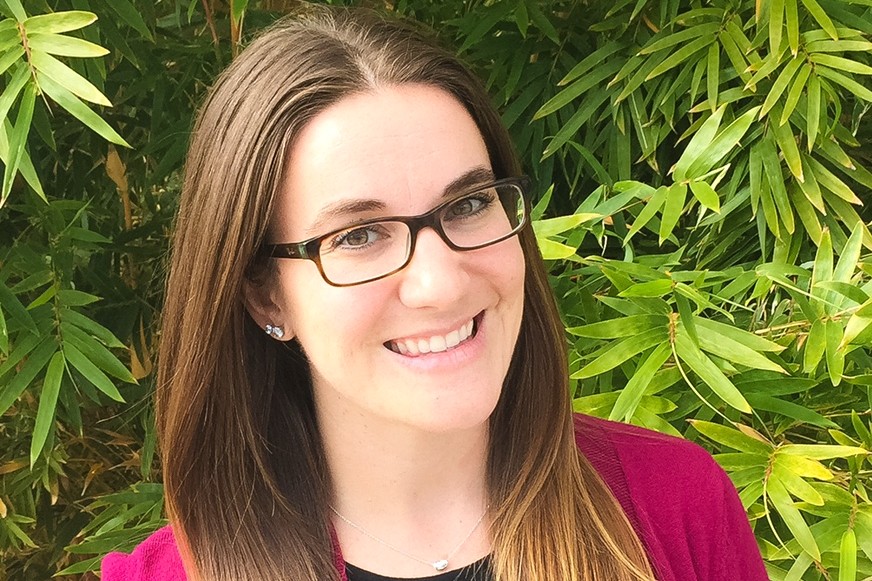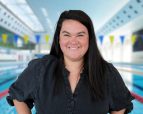Frances Tapper epitomizes the qualities that make an incredible aquatics professional: dedicated, passionate and ready to pivot at a moment’s notice to help her facility and its clients.
With the COVID-19 pandemic continuing well into 2021 and 2022, Tapper and her team stepped up to help the university with COVID testing, contact tracing, vaccine clinics, and testing tracking, in addition to their regular jobs.
“It has been a different and interesting year, to say the least,” says the assistant director of recreation, aquatics director at University of California, Riverside (UCR). “Our mentality has always been that we remain committed to the students we work with and for, and we never forget that students are the entire reason we are here. When the university needed help, we were there and ready to assist.”
Along with hours of coursework and training on contact tracing, Tapper created electronic questionnaires and systems for campus Human Resources to track weekly mandated COVID testing for more than 1,200 employees.
“We were lucky enough to reopen our aquatics facility in March 2021, but the reopening brought its own set of challenges and opportunities,” she says.” We trained an entire new team, we sold out all of our programs, and we kept online programs, too — something that may seem odd for aquatics. We really made it our priority to ensure we were serving the students on our campus in a way that benefitted them most.”
Tapper began her aquatics career as a part-time lifeguard and swim instructor at a YMCA the summer before her senior year of high school. From there, she worked for multiple city positions, with a stint in the private sector, before moving into the collegiate setting about 11 years ago.
“That first part-time job was a no-brainer, like so many aquatics people when they start,” Tapper says. “I had grown up swimming and playing water polo and loved working with kids. Teaching swim lessons was my favorite thing. I had no idea at the time I would stay in the field. Looking back, I do not even think I realized it could be a career.”
Today, in addition to all her work at UCR, Tapper is a lecturer in the Recreation and Leisure Studies Program at California State University, Long Beach (CSULB).
This role is a particular source of pride for Tapper. “I think back to when I was in high school, not knowing this could be a career, and I get to change that,” Tapper says. “I get to encourage students to look at the concept of play and leisure in the world around us and the role it plays in our life, which is often contrary to what society is telling us. College students are in such a unique time and space in their lives, and I consider myself so lucky to be able to be a part of that and to have the chance to impact them.”
Whether she’s teaching in the classroom or working with her aquatics team, Tapper values the importance of seeing and understanding each team member as an individual. She emphasizes the need to set clear expectations while also remembering that growth and adjustment are part of the process.
“I truly adore the work I have been able to do in aquatics, and I want to have an impact on more people,” she says. “The mental and emotional toll that come with working with students can be tough — you become attached, more than in any other job I have worked. But on the flip side, working with college students is the best part of my job. Getting to impact the life of someone else during such a defining period of their life is something I will never be able to fully explain. It’s what continues to drive me, in even the toughest of times.”
When she’s not working at UCR or teaching her students at CSULB, Tapper loves traveling and running marathons. In the coming years of her career, she hopes to work more deeply in training, development and risk management.
“I am just trying to make the world better in any way I can,” she says. “One of my biggest dreams is to see individuals with additional needs (typically referred to as special needs) brought into training materials more by some of the certifying agencies. The impact we can have by making a first-time, high-school-aged lifeguard aware of some of these additional needs when guarding could be life-changing for some.”



